YOU ARE A MODERATE TEAM-MANAGER!
We scored you on the following toppings: own engagement, strengths focus, continual coaching, inspire accountability and create clear expectations. We did send you an email with all your own specific answers. Here is you’re score:
1. Your are somewhat engaged
2. You are somewhat focused on strengths
3. Your coaching is not frequent
4. You hold your team acountable
5. You create expectations and thats it
1. You are somewhat engaged!
You are not alone in this. Employee engagement numbers in Western Europe are surprisingly low for a developed economy. Merely 12% of the employees in the Netherlands are engaged according to Gallup’s State of the Global Workplace report from 2018. For managers, this score is a little bit lower* and there is more… the single most important factor in building a successful team is the quality of the manager.
Managers are accountable for 70% of their team engagement, through their strengths, their own engagement and how they work with their teams every day
the most inquisitive, most resilient, most creative, and most open to learning in their areas of strengths.
3. Your coaching is not frequent
- Sometimes you check the needs of your team members, and you do help them prioritize and overcome barriers sometimes. But your coaching is not frequent and that’s why your members don’t know when you are available. This is not helping you; ‘when can they trust you as a leader?’ Your accessible and interested in their (daily) work is how you build trust and how you can show that you care about your team members as human beings. Not micromanaging but being involved in their lives and well being. When your coaching is frequent en continual, you can give better and more meaningful feedback. When managers provide daily feedback (versus annual feedback), their employees are:
6.0 times more likely to strongly agree that they receive meaningful feedback
3.6 times more likely to agree that they are motivated to do outstanding work
3.0 times more likely to be engaged at work.
4. You hold your team somehow accountable
You hold your team accountable, but do you hold them in an inspiring way? You often challenge them to pursue team and company goals but are they really appropriate for their abilities and resources. Are they meaningful for themselves and aligned with their personal goals? You give each team member tasks instead of a certain role based on their strengths. You challenge once a year instead of regular the collective team to reconnect and take action to pursue the team and company goals. There is a lack of focus (frequency) on the team collaborations process.
5. You create expectations and that’s it
You create expectations and that’s it, often they are short-termed. You mostly focused on what a person did wrong and this is not constructive and often it demotivates the employee. Instead of helping employees sustainably growth by improving, attention an focus on their strengths- blindspots. Future-oriented coaching is an essential part of the performance development approach because it keeps the performance conversations gonging on how employees can grow in their role and long-term career. Did you know that
the number one reason why employees leave their company is frustrations with their career progress
Ways to maximize your managment aproach and continual develop
– Read; re-engineering performance management. This is where we did get the nummbers from.
Continual teamcoaching with the Strengths to Connect method. See more clearly with the collective team, more info contact me, for the training options.
PS: Do you want to know how to boost the engagement of your team even more and that only 2,5 HRS

